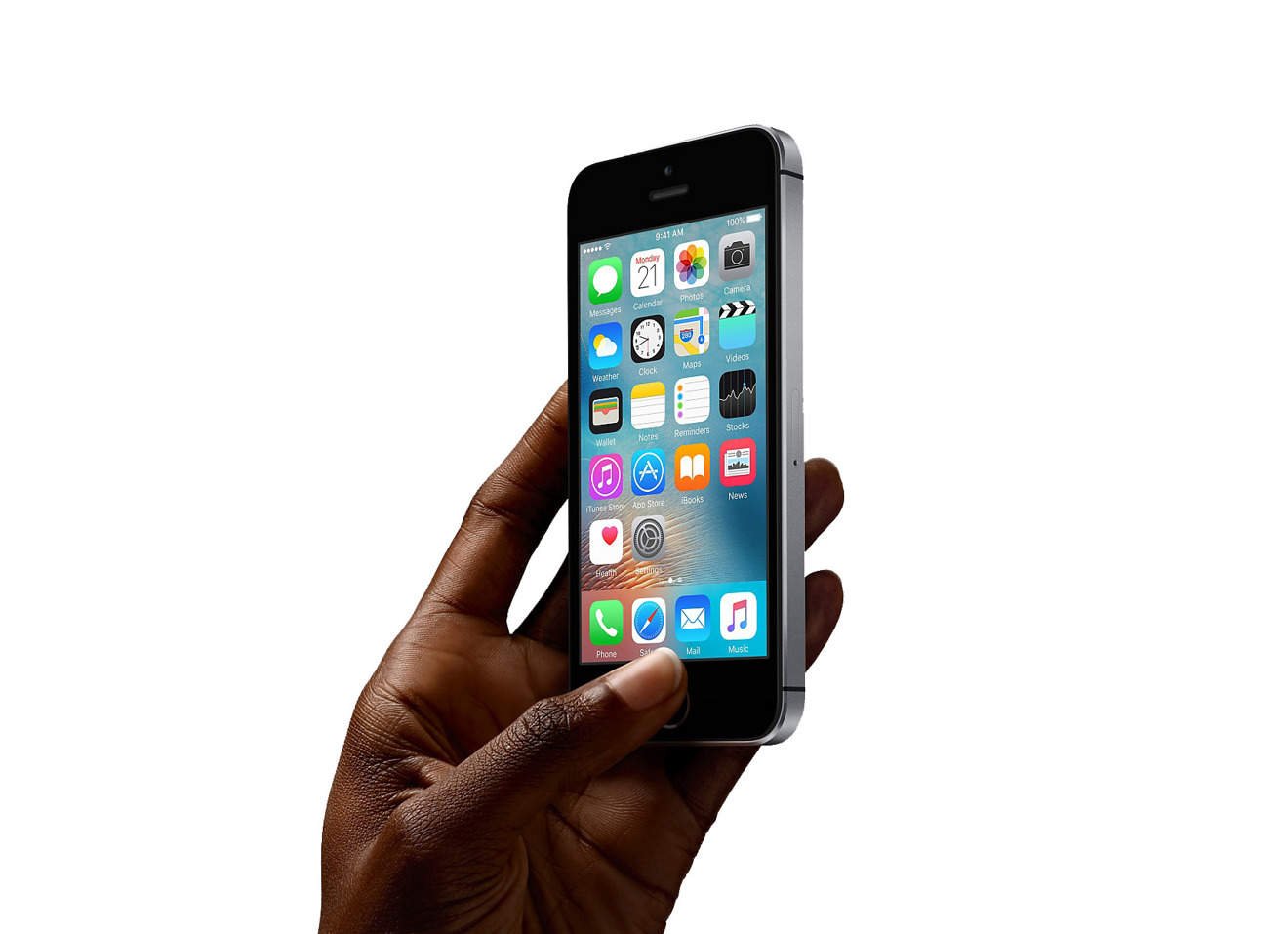Apple managed to grow its iPhone sales in the U.S. and the big five European markets during the June quarter, in spite of a global decline in shipments, according to new research data.
Apple's U.S. sales advanced 1.3 percentage points year-over-year, giving it 31.8 percent of the country's smartphone market, Kantar Worldpanel said this week. Cumulative share amongst Android manufacturers meanwhile dipped slightly from 66.1 percent to 65.5.
If counted as a single device, moreover, the iPhone 6s and 6s Plus were the top-selling product, taking a 15.1 percent share. Samsung's Galaxy S7 and S7 Edge ranked second at 14.1 percent, followed by the iPhone SE at 5.1 percent.
The SE was the best-selling phone in Great Britain, snapping up a 9.2 percent share, with the iPhone 6s close behind at 9.1. The iPhone platform as a whole rose 3.1 percentage points in the region to 37.2 percent.
German iPhone share reportedly increased for the first time since the third quarter of 2015, advancing a point year-over-year to 14.2 percent. Steady levels in France and mild declines in Italy and Spain limited Apple's overall big-five growth to 0.7 percentage points.
Apple's biggest blow came in China, where it fell 1.8 points to take a 17.9 percent share — below Huawei's 25.7 and Xiaomi's 18.5, Kantar noted. The iPhone 6s and 6 Plus were the best-selling individual smartphones, but the iPhone SE snatched just a 2.5 percent share, something Kantar blamed on supply constraints.
Worldwide Apple shipped about 40.4 million iPhones in the quarter, a 15 percent drop year-over-year. It nevertheless held onto second place among vendors, beaten only by Samsung, which held onto a large lead with 80 million units.
 Roger Fingas
Roger Fingas








 Brian Patterson
Brian Patterson
 Charles Martin
Charles Martin


 Malcolm Owen
Malcolm Owen
 William Gallagher
William Gallagher
 Christine McKee
Christine McKee
 Marko Zivkovic
Marko Zivkovic









10 Comments
Wanna bet apple releases an iPhone, iPhone Plus, and iPhone Pro this cycle for a set of three phones? Not to mention the iPhone SE which will likely remain an off cycle phone to not cannibalize the other iPhone sales, to provide off cycle revenue stability, and to justify its lower price somewhat (higher value) by arriving with current capabilities half way through the cycle.
But, but how? All the analysts said the iPhone is doomed, why are people still buying them? Don't consumers listen to these highly educated people?
Ah! So Euros are still buying iPhone up all hogwild despite some Euro-Trolls on here talking down about Apple's tax practices, eh? Maybe this political grab for Apple's money doesn't actually mean that much at all to the European citizen...